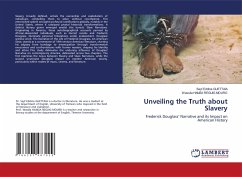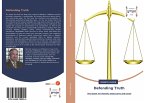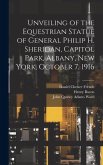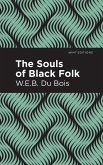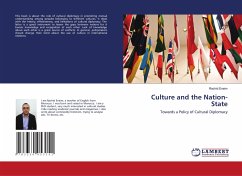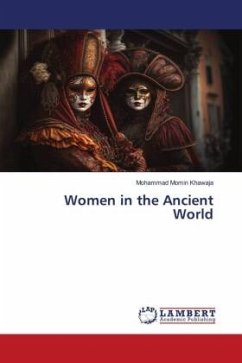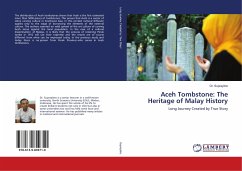Slavery, broadly defined, entails the ownership and exploitation of individuals, compelling them to labor without recompense. This entrenched system wrought profound ramifications globally, notably in the United States, where it catalyzed pivotal historical transformations. A distinct literary genre emerged amidst this tumult: Slave Narratives. Originating in America, these autobiographical accounts penned by African-descended individuals, such as Harriet Jacobs and Frederick Douglass, illuminate personal tribulations under enslavement. Douglass' seminal work, The Narrative of the Life of Frederick Douglass, An American Slave, stands as a cornerstone of 19th-century American literature, charting his odyssey from bondage to emancipation through transformative encounters and confrontations with former masters, shaping his identity and ethos. This study delineates the enduring influence of Douglass' Narrative on contemporary America, delineated across two chapters. The first examines the nexus between Slavery and Slave Narratives, while the second scrutinizes Douglass' impact on modern American society, particularly within realms of music, cinema, and literature.
Bitte wählen Sie Ihr Anliegen aus.
Rechnungen
Retourenschein anfordern
Bestellstatus
Storno

